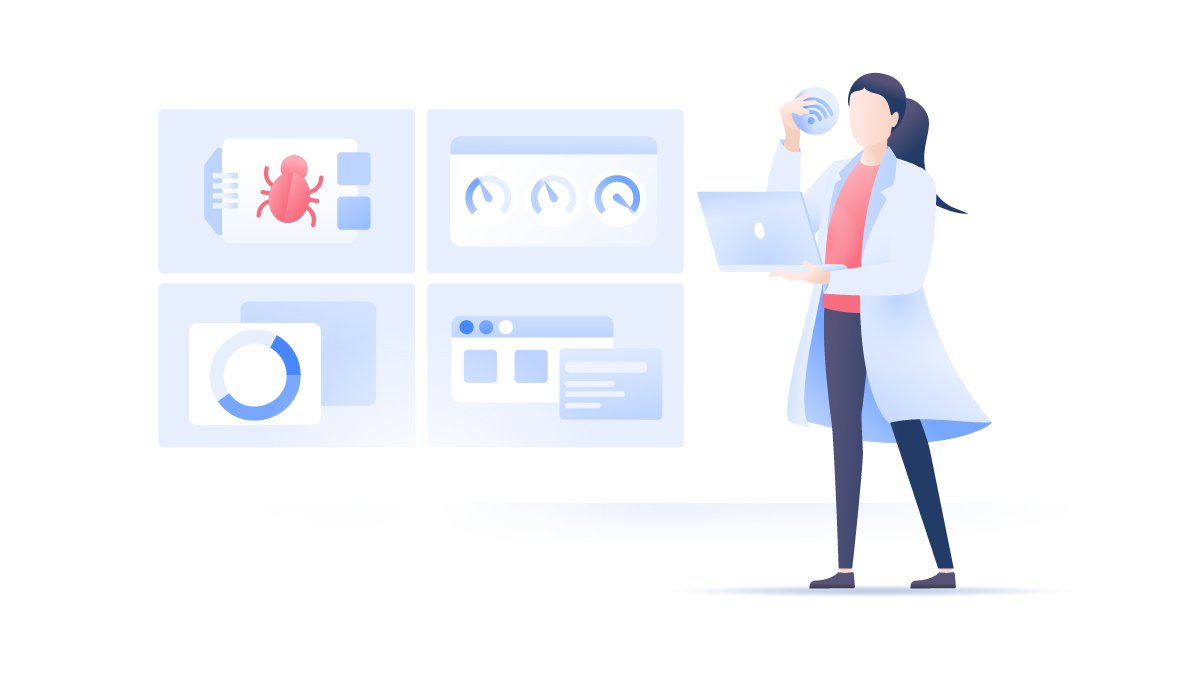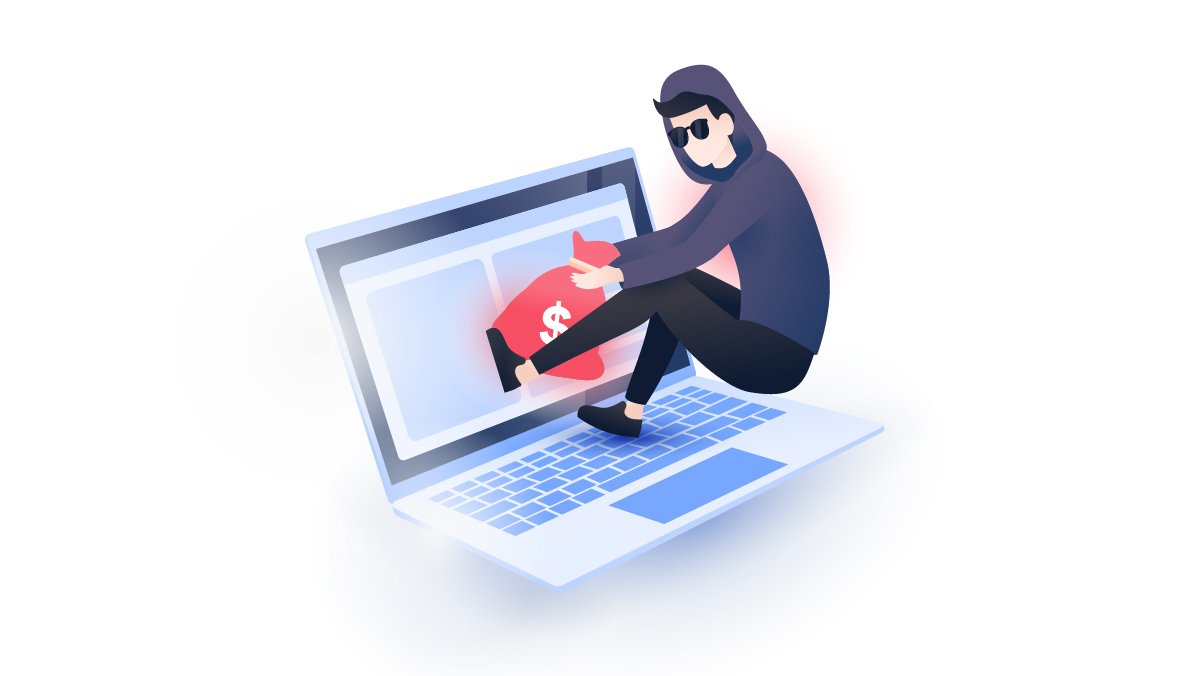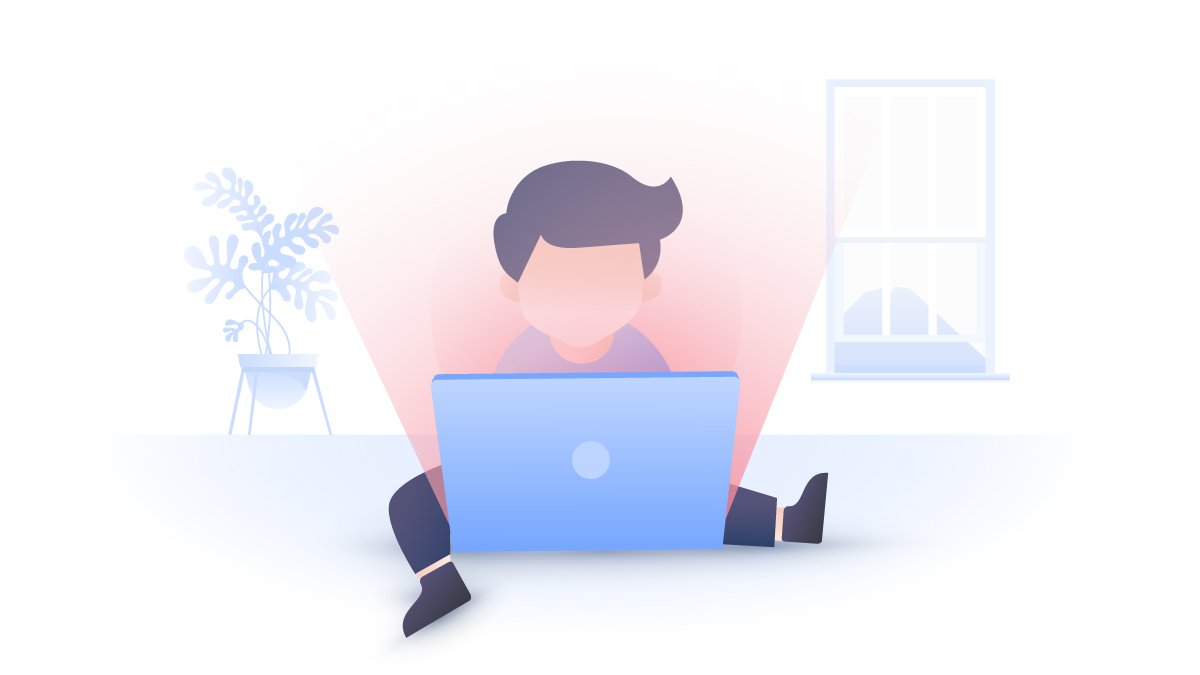Should you use a VPN in school?
Should you be using a VPN in school? Is it even legal to do so? In this article, we’ll take you through all the reasons you might want to use a VPN in school, college, or university, and answer some frequently asked questions.
Malcolm Higgins
Jul 13, 2021 · 4 min read

What is a VPN?
First thing’s first. What is a VPN and how does it work? VPN stands for virtual private network, and it’s an encryption tool that can offer you more security and privacy while browsing online.
It does this by cloaking your internet traffic with layers of encryption, and then routing it through a VPN server. This means no one can view what you’re doing, or see where you're geographically based.
Regardless of whether you’re in an educational establishment or not, we would recommend using a VPN for most situations. It’s a simple and effective way to enhance security, and will keep you safe even when using unsecured public Wi-Fi.
Should I use a VPN in school?
A VPN at school can be useful for several reasons. Before going further, however, it’s worth noting that every educational establishment will use a slightly different system, and not all of these points will necessarily be applicable in your school.
Security.
The primary function of a VPN is to keep your personal data safe. When you’re in school, you’ll probably be connecting to a shared Wi-Fi network along with many other pupils and teachers.
Since there’s no way you can be sure that the Wi-Fi router is secure, you can use a VPN for school to keep your connection safe, even if the network itself is compromised.
Convenience.
For obvious reasons, some words and phrases are banned by school networks. That can be a problem, however, because word-based firewalls are pretty blunt instruments, and can often ban perfectly inoffensive words by accident.
With a VPN on your device, you should be able to circumvent these network restrictions, making it easier to access the online resources you need for school projects and other work.
Should I use a VPN in college or university?
We would definitely recommend using a VPN while at college or university. Once again, there are several reasons for this.
Security.
The main benefit of a VPN is the security it offers. With your data encrypted, you don’t have to worry about potentially unsecured public Wi-Fi. Even if your educational establishment has substandard router security, your personal information will still be safe.
Privacy.
If you’re connected to the Wi-Fi of your college or university, it’s likely that they’ll be able to monitor your activity. That can be a real issue for students at certain institutions, and a VPN can help.
Imagine a young student at a strictly religious university, where certain sexual orientations or gender identities are disapproved of. With a VPN encrypting their traffic, they could access online communities, support, and other resources, without worrying about the university spying on them.
Temporary IP addresses.
Another benefit for students is the ability to use a new IP address while browsing. Your IP shows websites where you’re based, but when you connect to a VPN server, you borrow its address as well.
Many academic resources are locked to specific locations. Need to access a research paper that’s only available in the US? Just connect to a North American server.
Will my school know if I use VPN?
It’s likely that your school, college, or university will be able to tell that you’re using a VPN. They won’t know what you’re doing online, but they’ll be able to see that you’re using an encryption service.
Whether or not the school is alright with that really depends on the specific circumstances. Some organizations may have rules against VPN use, while others will have no issue with it.
Is it illegal to use a VPN in school?
Using a VPN is completely legal, as long as you’re not doing anything online that breaks the law. Businesses, governments, and millions of private citizens use VPNs every day to keep themselves and their data safe.
Again, your specific school or college may have their own rules, and if you’re worried about getting in trouble, we recommend discussing VPN use with a school administrator or a teacher. The restrictions also depend on the country you're in. If you want to find more info about it, check our article discussing where are VPNs legal or illegal.
Who should be using a VPN?
Anyone who wants to stay safe and secure while browsing the internet! A premium VPN will keep your data private and protect you from cybercriminals.
If you use NordVPN, you can enjoy additional protection against malware and high-risk websites. You’ll be able to pick from more than 5200 servers in 59 countries around the world; changing your IP location is as simple as clicking a button.
Whether you’re in school, college, university, or elsewhere, you’ll probably benefit from using a VPN. The NordVPN app is available for laptops, smartphones, tablets, and more, and with just one account you can cover up to six devices.



